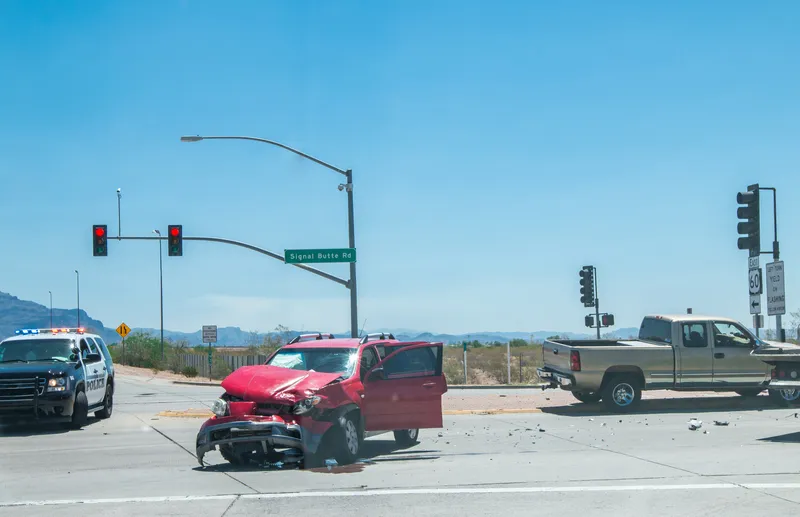Initial finding from the second Project EDWARD (European Day Without A Road Death) on 21 September have revealed that 37 people lost their lives in 25 countries – five have yet to report. Of the fatalities reported so far, 10 were in Poland, six in Greece and six in Romania.
September 26, 2017
Read time: 1 min
Initial finding from the second Project EDWARD (European Day Without A Road Death) on 21 September have revealed that 37 people lost their lives in 25 countries – five have yet to report. Of the fatalities reported so far, 10 were in Poland, six in Greece and six in Romania.
In 2016 the final result was 43 road deaths across 31 countries which compares with 70 fatalities on the same day in 2015 (around a 39% reduction).
This year’s event also gained traction on social media and on Twitter #ProjectEDWARD trended at number one in Ireland, was the fourth highest in the UK and fifth in Germany.









